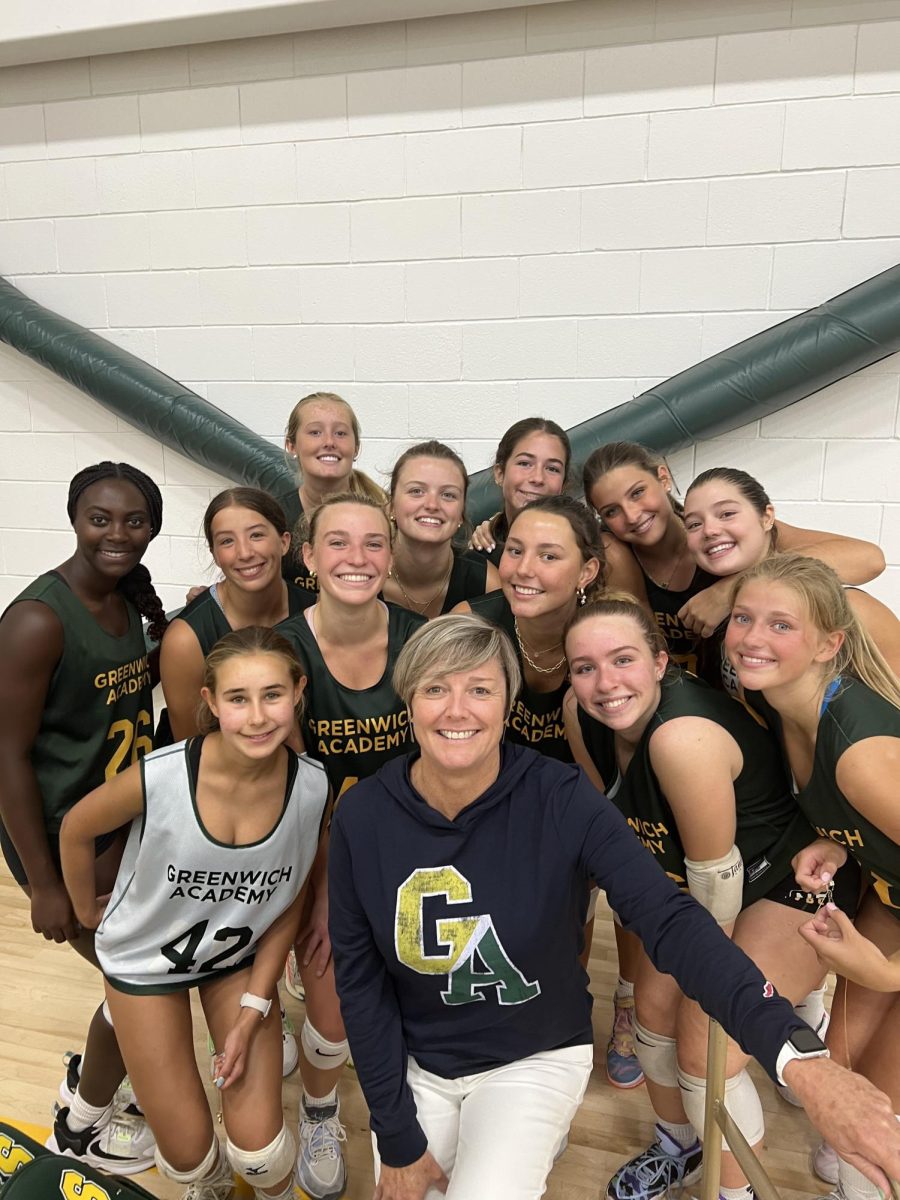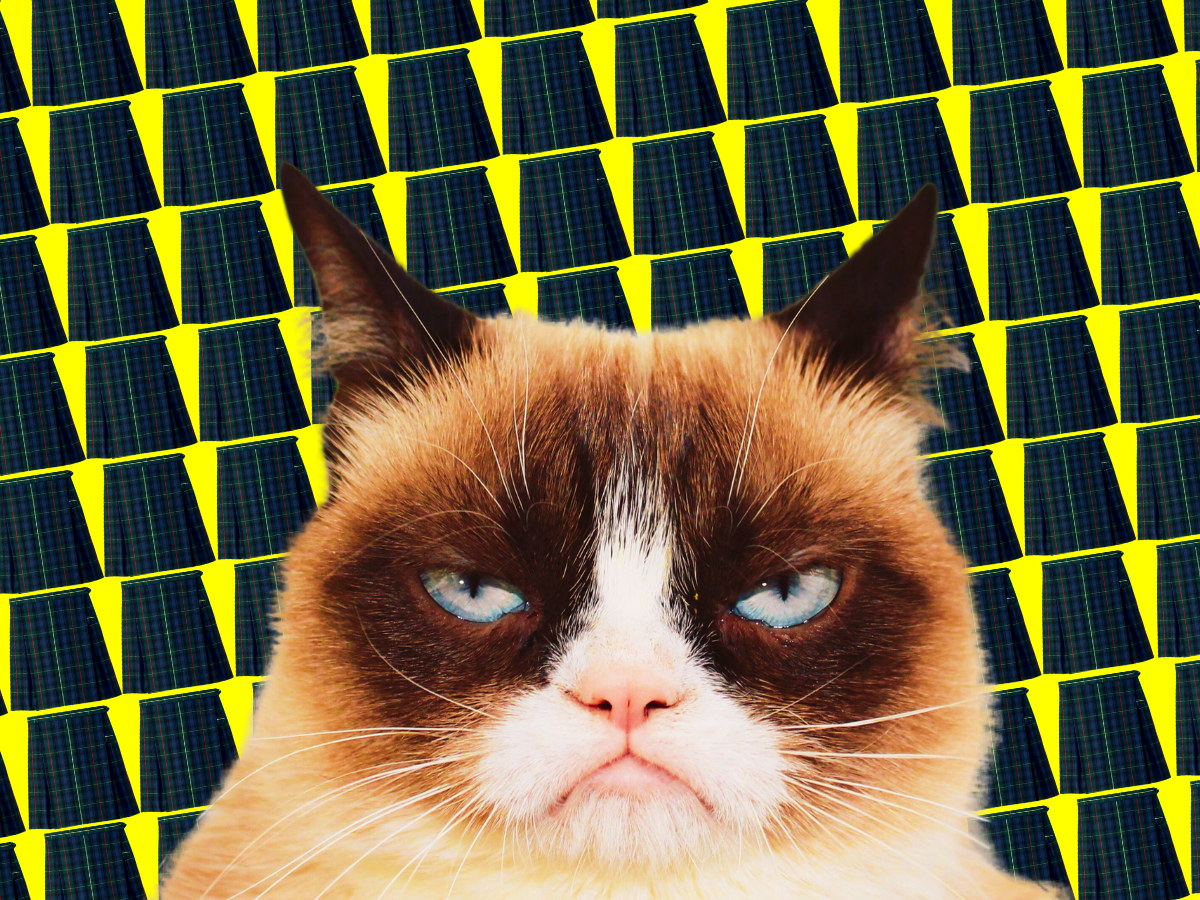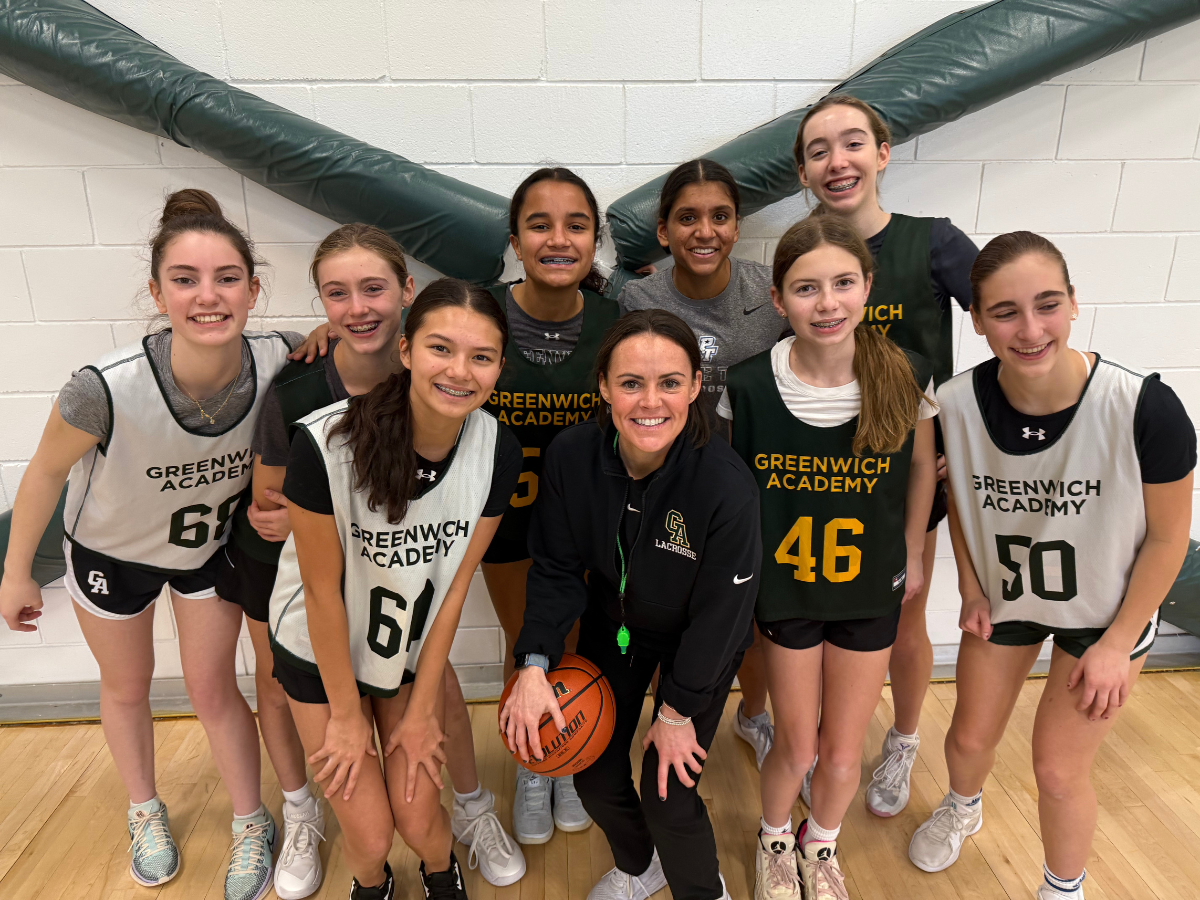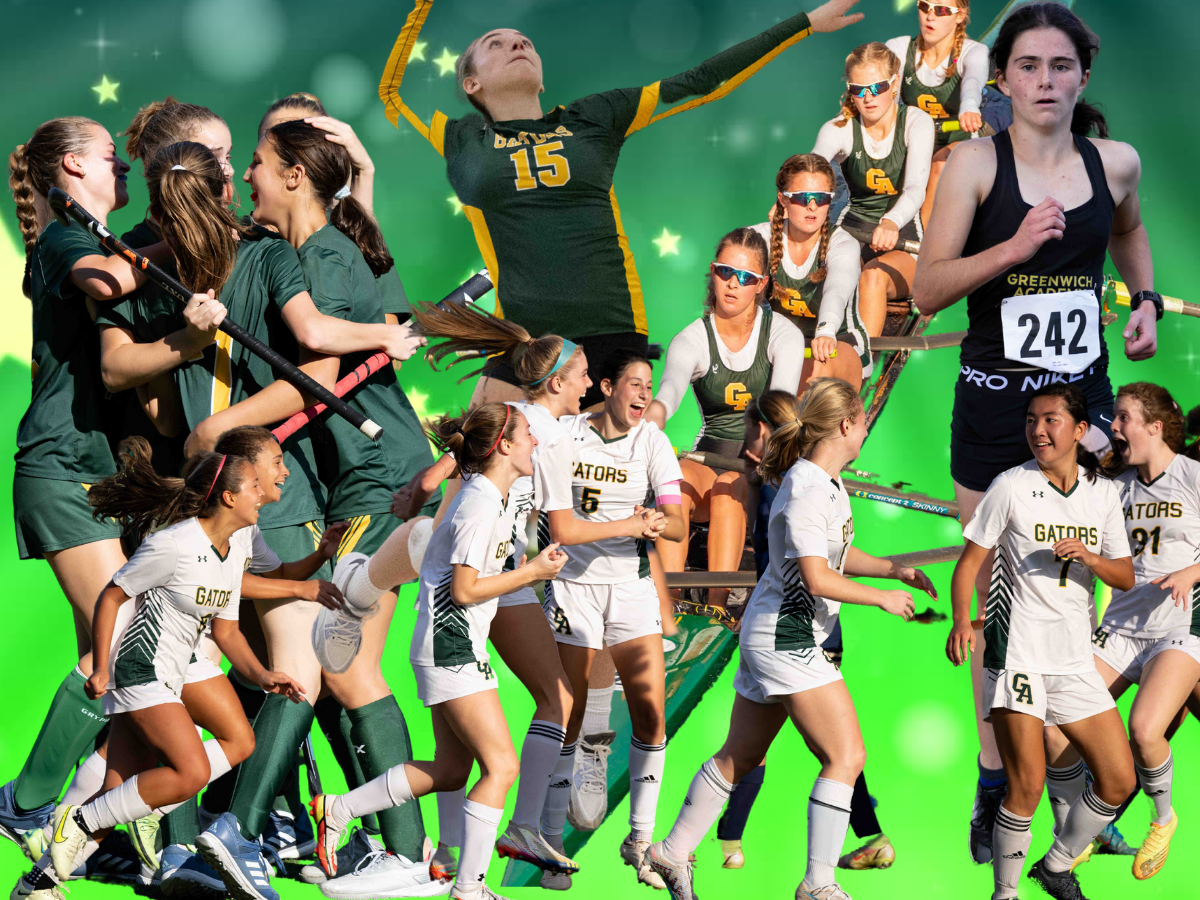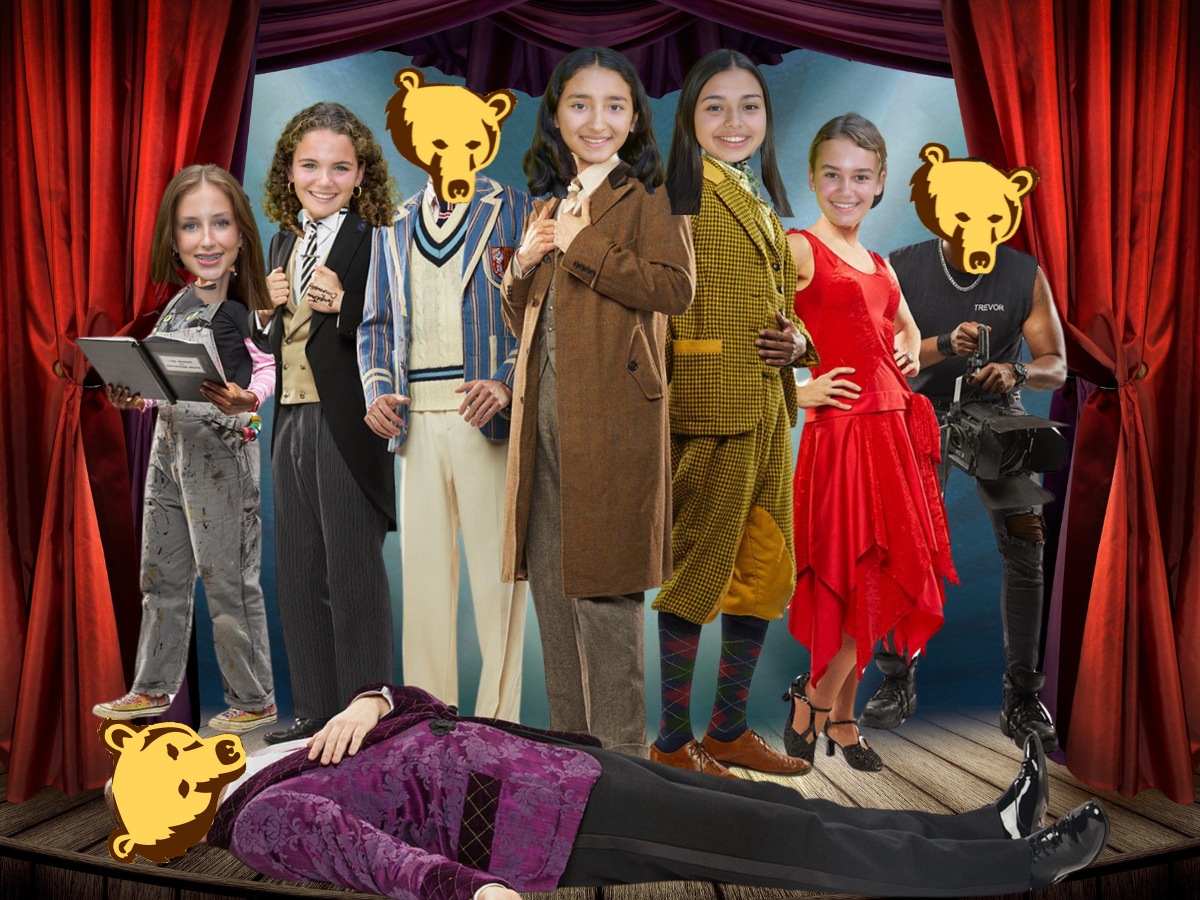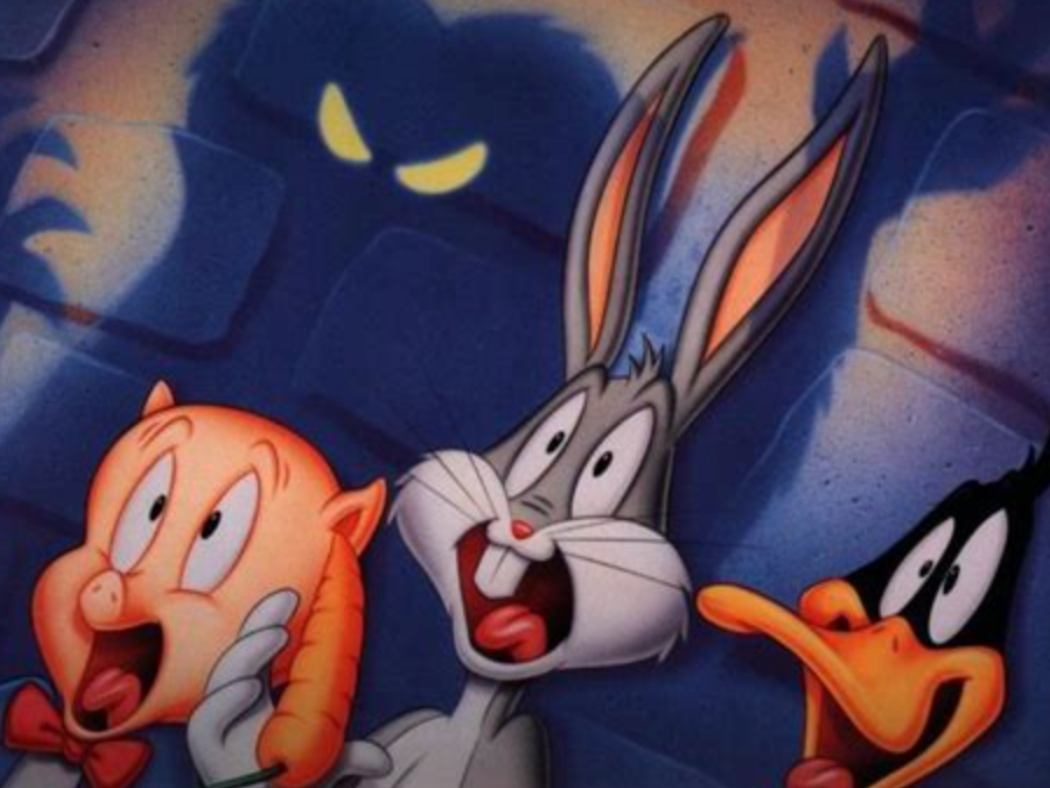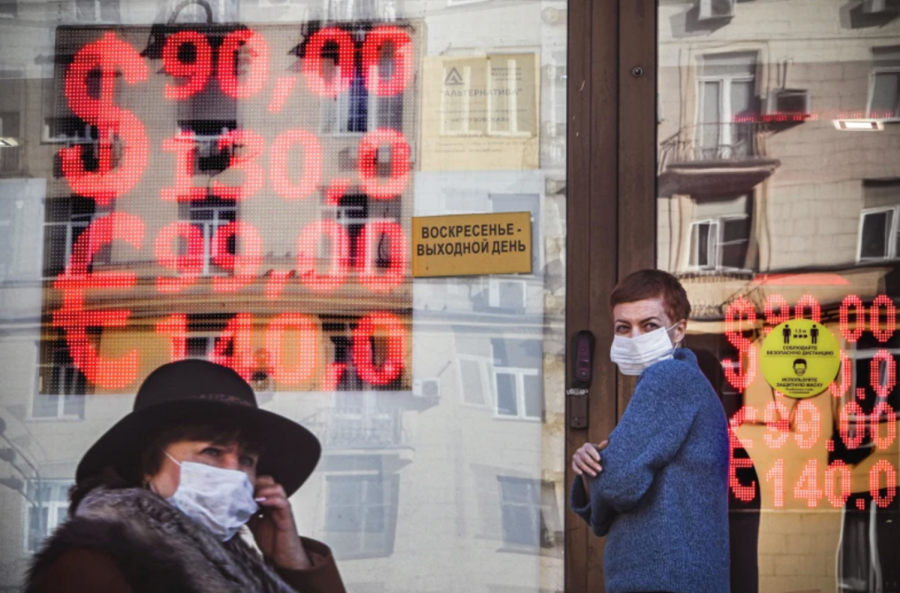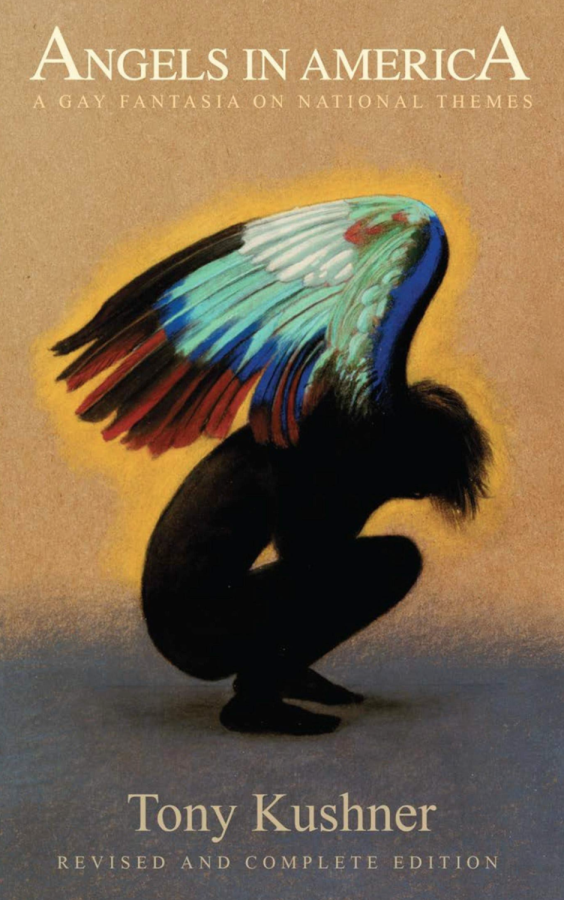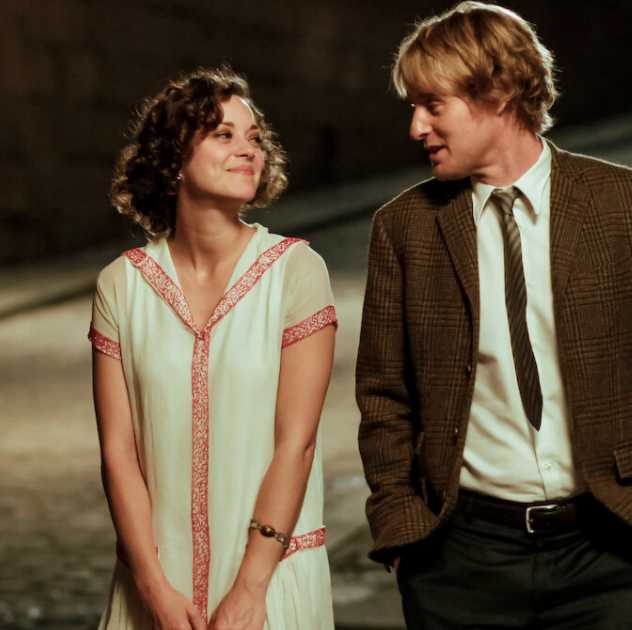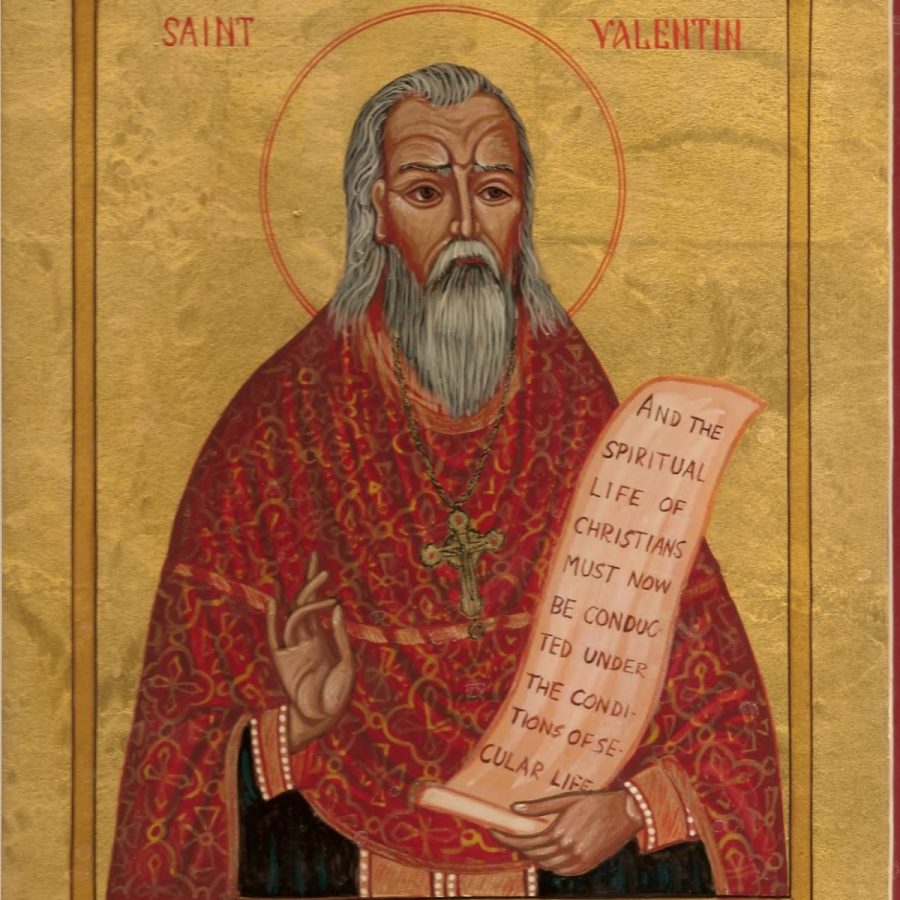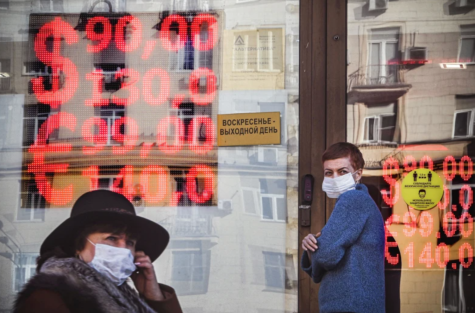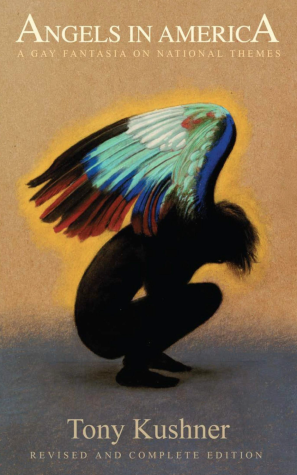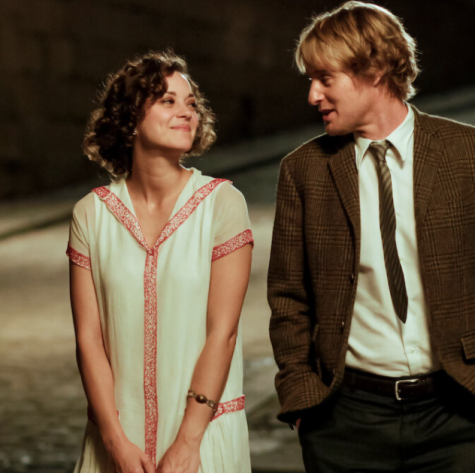Valentine’s Day: A Story of Pagans, Poets, and Passion
The origins of Valentine’s Day and how it became a symbol of romance.
Valentine’s Day often comes and goes without much question. We comment on greeting card companies capitalizing on holidays they create: grandparent’s day, national son’s day, boss day, etc. However, we eliminate Valentine’s Day from this list when we hear it is Saint Valentine’s Day and assume or are provided small details on it’s Christian history. But, how much do we actually know about St. Valentine’s Day’s origin story? When did Valentine’s day begin, who is responsible for its creation, and most of all, why is it a commemorative day for love?
How would you feel if instead of receiving a rose from a loved one on Valentine’s day, a man killed and skinned a goat, dipped strips of the goat’s skin into its blood, and gave the strips to naked young men who would go looking for young women to whip or slap with the strips? Don’t worry, they’re just making sure you stay fertile, so when your name gets chosen from the urn by an eligible bachelor later in the day, the lucky man is, well, actually lucky to be your pair for the year, or, even better, life!
Some argue this was how Valentine’s day truly began: as a pagan festival known as Lupercalia dating back to at least 6th Century B.C. This holiday took place ‘coincidentally’ on February 15th.
Pope Gelasius, coming to power in the 5th century, ended the celebration of Lupercalia. Pagans were not exactly welcomed among the Catholics. Shortly after, February 14th becomes a day of feasting in honor of Saint Valentine’s death. The Christianization of holidays was not uncommon, but the question here becomes: what is so romantic about Saint Valentine’s martyring?
Saint Valentine’s life is commemorated through various legends all including a passion of his for his faith and/or love. One legend claims he was imprisoned and executed for officiating persecuted Christian’s marriages. Another, claims he was executed for refusing to reject his faith and attempting to convert Claudius II, the emperor of Rome. The one that stands out as rather satisfyingly romantic to believe states Valentine tutored a blind lady named Julia. Together, they prayed for her sight and God gifted it to her. Her father imprisoned Valentine, and the night before he was to be executed, he wrote a note to her signing it “From your Valentine.”
Whichever legend you choose to believe or whether you reject them all, Valentine was undeniably considered a “patron of lovers,” and was declared a Saint. Yet, it is considered unlikely that the martyring was intended to become a day honoring love.
However, some Christians reject Valentine’s Day’s celebration claiming it encourages Paganism for it is quite clearly influenced by their rituals. We can see that through the red and white, which traditionally represented the blood of the goats and the milk used to wash away the blood representing procreation.
Some leave the romanticization in the hands of influential poets. It is argued that Geoffrey Chaucer first associated Valentine’s Day with romance due to its convenient timing in that European birds mate mid February. Speaking of influential poets, we must not forget the man who made up words such as elbow and lonely, wrote over 150 sonnets, and romanticized two teens in a plague killing themselves for each other. Shakespeare writes in Act 4, Scene 5 of Hamlet:
“To-morrow is Saint Valentine’s day,
All in the morning betime,
And I a maid at your window,
To be your Valentine.”
Whether you consider Shakespeare a genius or a very bored and slightly insane man, he had a lot of influence and, arguably, power. If he romanticized Valentine’s day, people would follow.
Maybe we all have our own reasons for giving or depriving Valentine’s Day of this romantic image. Yet, pagan or not, this holiday has meant something in our collective history because ultimately, no matter what century you were born in, love is worth celebrating.

When not writing for GAP, Elizabeth can often be found studying for Latin, baking banana muffins, and going on long walks. She is also the stage manager...

